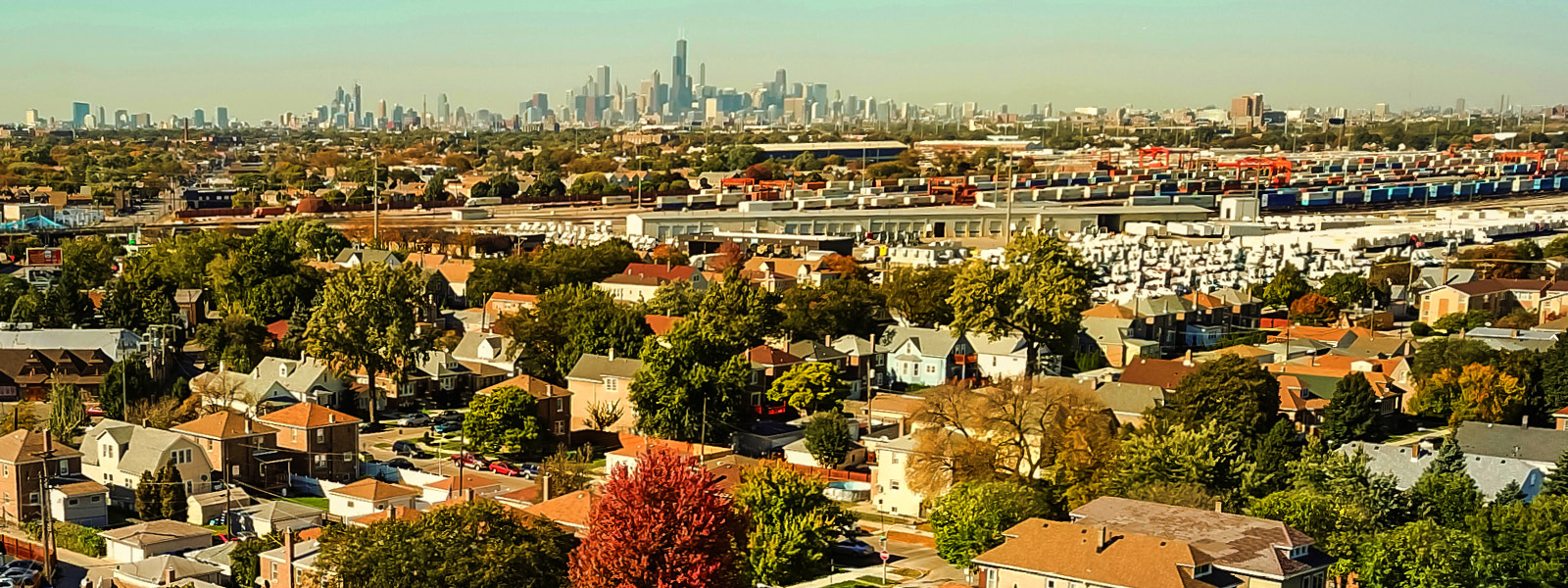CROCUS is an Urban Integrated Field Laboratory led by the U.S. Department of Energy’s (DOE) Argonne National Laboratory in partnership with academic and civic and industry champions.
Funded by the DOE’s Office of Science, Biological and Environmental Research program, CROCUS studies urban climate and its implications for the Chicago region. The CROCUS team conducts novel, multi-scale observational science and creates highly accurate climate models. This information leads to new insights on earth system extremes, supports the development of applicable tools and informs future actions for economic prosperity, human health, infrastructure and overall quality of life in Chicago and across the country.

